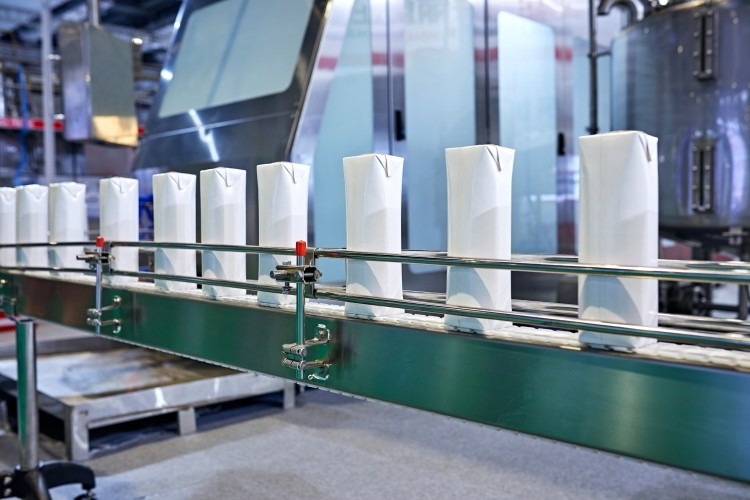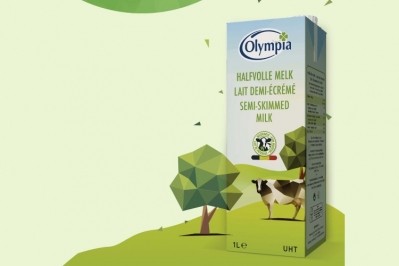Dairy Farmers of America looks for synergies in the ESL space

Dairy Farmers of America (DFA) has acquired two extended shelf-life (ESL) processing factories from Ohio-based dairy products manufacturer SmithFoods, extend DFA’s network of ESL plants to eight in total.
Located in Richmond, Ind., and Pacific, Mo. respectively, the two processing facilities will come under the DFA Dairy Brands umbrella and be known as Richmond Beverage Solutions and Pacific Dairy Solutions.
Reflecting on the deal, Pat Panko, executive vice-president of the DFA, told DairyReporter: “We continue to see strong interest in ESL beverages from consumers and subsequently our customers. Functional beverages are continuing to drive demand as consumers look for options with wellness benefits, and there’s a lot of opportunity for innovation on this front with aseptic and ESL formats.
“To continue to expand and innovate in the beverage space for the long term, we believe it is valuable to invest in this capability, further adding to our diverse portfolio of assets. With the addition of these plants, we have an opportunity to not only grow our customer base, but also create synergies between our other extended shelf-life and aseptic facilities.”
No job losses or disruption to operations is expected at both locations, with around 200 employee and management roles set to be retained under the new ownership.
Consumers are increasingly seeking extended shelf-life dairy products, with the aseptic packaging market also on an upward trajectory.
In North America, the US is a regional leader in the ESL milk market, and the country is expected to remain ahead of the pack in the next decade.
The US market is currently valued at US$ 13.3bn and is set to rise at a CAGR of 7.1 % by 2032, according to Future Market Insights. Drivers include the availability of infrastructure for storing empty packages flat as well as the lower cost of ESL milk compared to fresh milk.










